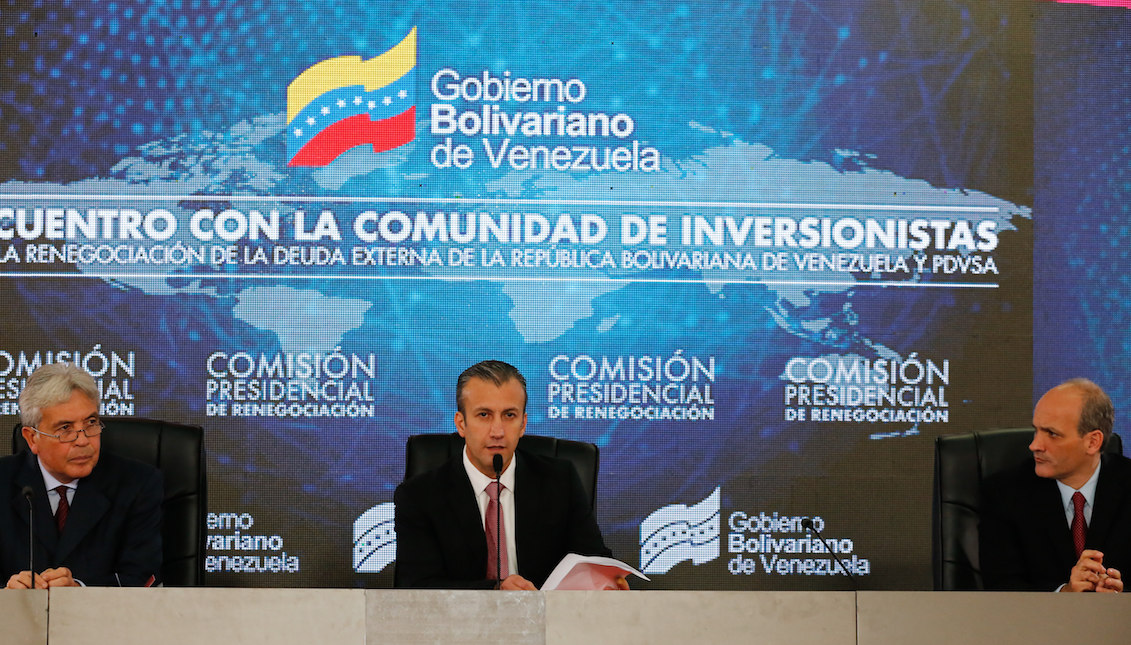
Venezuela on the verge of bankruptcy
The Venezuelan economic crisis has reached the point of no return when the rating agency Standard & Poors declared the Caribbean country in credit default,…
A country once considered "the Saudi Arabia" of America is today the Mecca of indebtedness, humanitarian crisis, and political failure.
Its government accuses the United States and/or Colombia of their misfortunes, with their pockets full of dollars stolen from the people for almost two decades, but the siege is becoming more and more fair, especially when the deceptions and bribes are not enough to convince investors.
With an external debt of $150 billion and the almost absolute destruction of its production machinery, Venezuela has failed to comply with the payment of $200 million global bonds, implying that it will not be able to settle its credits with its investors.
According to the El Tiempo newspaper, Venezuela is at risk of not being able to pay private investment credits. The two principal debts to be paid were due on Friday and Monday, and they total almost $300 million.
In the next month and a half, Venezuela will also have to pay other deadlines of 1,470 million dollars, and during 2018 other debts that add up to $8 billion which are divided between credits with China and Russia.
RELATED CONTENT
Considering that their current reserves are only 9,6 billion, the question remains: where will they get the money?
At the beginning of November, the government of Nicolás Maduro announced its plan to restructure its debt with Russia, which has been the only country willing to "throw a lifeline," according to the newspaper El País. The agreement is scheduled to be signed on Tuesday and modify the debt statutes, and new conditions are expected from Moscow, especially considering that Venezuela's debt to Russia has important edges in its oil relationship.
The credit rating agencies Fitch & Moody's also declared in suspension of payments to Petróleos de Venezuela (PDVSA), the only engine that remains alive in Venezuelan economic production.
On Monday, and through its vice president, Tareck El Aissami - member of the list of people sanctioned by the Department of the Treasury in the United States - the Venezuelan government tried to negotiate the payment of bonds, but the assistance of the creditors was minimal, and only a few of them agreed to have direct contact with El Aissami or with the finance minister, Simón Zerpa, because "meeting them would automatically include them in Washington's blacklist," El País continues.
In the absence of a development model, the fall in oil prices and multiple sanctions by the US government, the Chavez regime is increasingly cornered.










LEAVE A COMMENT: